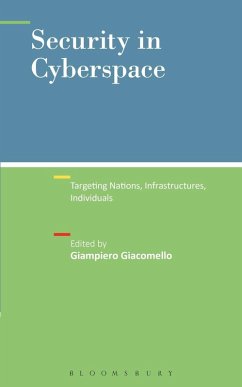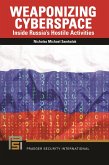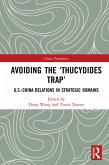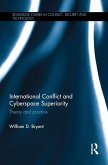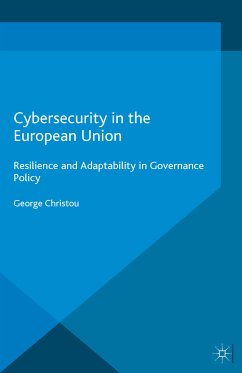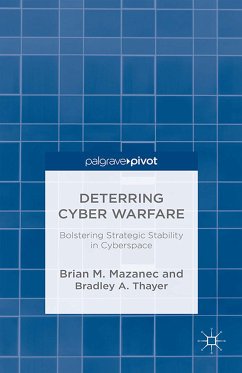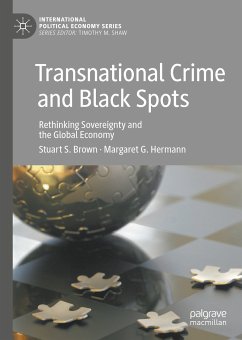Today, the Internet has become a source of information that no country or company can forgo. It is not only used to communicate or entertain, but most importantly to operate utilities and public services such as banking or air traffic. As the reliance on computer networks across societies and economies keeps growing, so do security risks in cyberspace - referred to as "cybersecurity."
Cybersecurity means protecting information and control systems from those who seek to compromise them. It also involves actors, both malicious or protective, policies and their societal consequences. This collection of essays provides a better understanding of the risks, perceptions, and myths that surround cybersecurity by looking at it from three different levels of analysis: the sovereign state, the infrastructure and stakeholders of the Internet, and the individual. The essays explore such issues as information ownership, censorship, cyberwars, cyberterrorism, privacy, and rebellion, bringing together expert knowledge from computer science and the social sciences with case studies. It reviews existing policies and practices and discusses the threats and benefits of living in an increasingly networked world. This authoritative analysis of one of the most controversial and compelling security debates of the twenty-first century will appeal to scholars and practitioners interested in security, international relations and policymaking.
Cybersecurity means protecting information and control systems from those who seek to compromise them. It also involves actors, both malicious or protective, policies and their societal consequences. This collection of essays provides a better understanding of the risks, perceptions, and myths that surround cybersecurity by looking at it from three different levels of analysis: the sovereign state, the infrastructure and stakeholders of the Internet, and the individual. The essays explore such issues as information ownership, censorship, cyberwars, cyberterrorism, privacy, and rebellion, bringing together expert knowledge from computer science and the social sciences with case studies. It reviews existing policies and practices and discusses the threats and benefits of living in an increasingly networked world. This authoritative analysis of one of the most controversial and compelling security debates of the twenty-first century will appeal to scholars and practitioners interested in security, international relations and policymaking.

